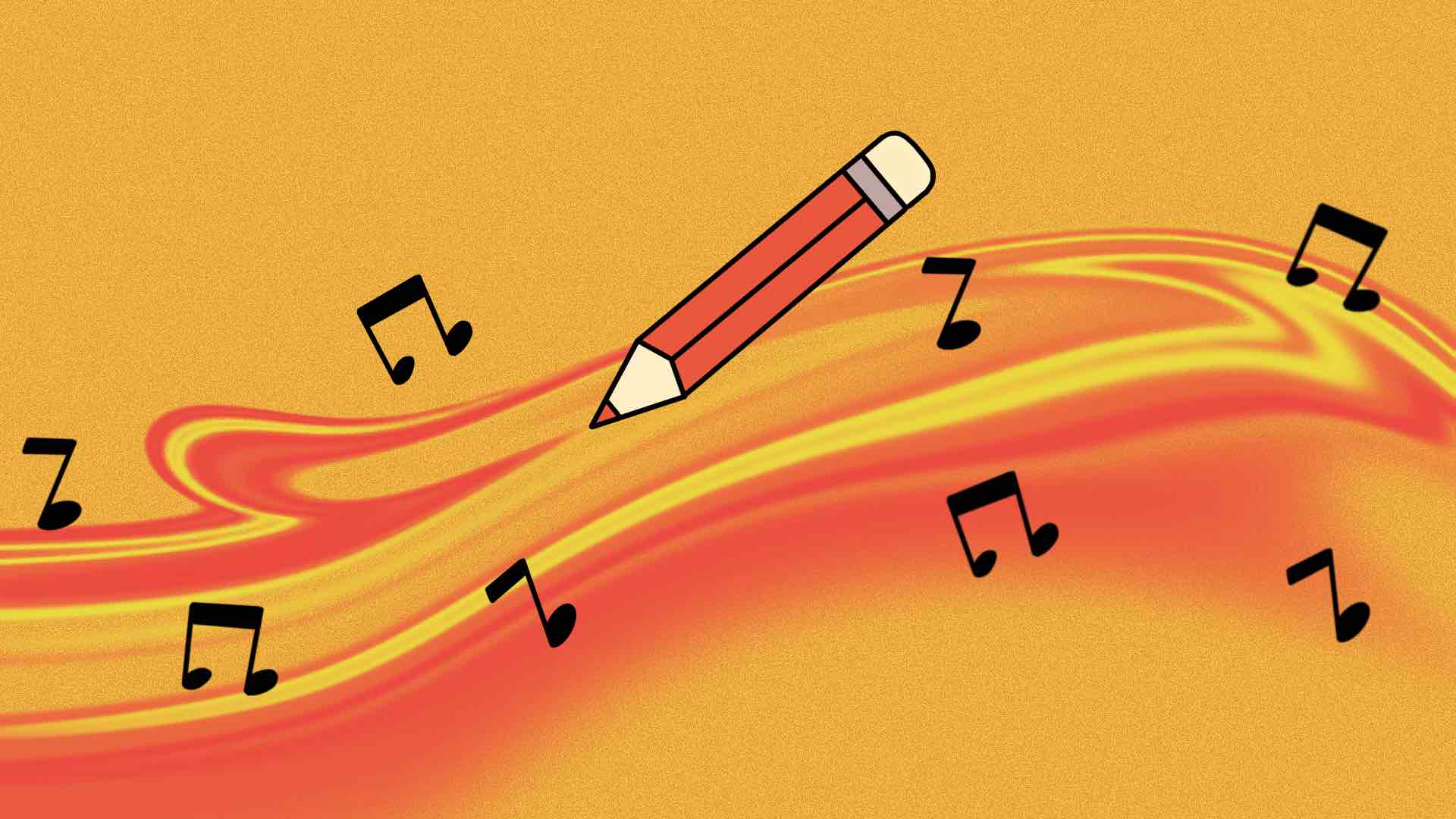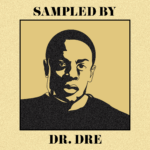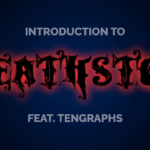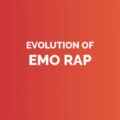A career as a songwriter is a rewarding and beautiful ride, with plenty of exciting projects to pursue.
From scoring a soundtrack for the next big blockbuster to penning a jingle for your local radio show, there are many directions a songwriter can travel. Before you can jump into your first big gig, however, there are some important questions you should be thinking about. How will you market yourself? What skills do you need to stay competitive? We sat down with film composer, music producer, and former RAC instructor Julian Cassia to ask for his thoughts on what fresh graduates should know when entering the songwriting industry. Julian has an extensive resume, with credits in feature films (e.g., The Traveller), major brand ad campaigns (e.g. Canon, Netflix, Samsung), and his own work as Almost An Artist (e.g. “Mikalo” & “Paradox”, 2018).
RAC: What are some misconceptions about the songwriting industry?
Julian: Typically, the first images that come to mind when people imagine life as a songwriter are ones of a recording artist that pours their soul onto paper and takes their vision out on the road. Romantic as it may be, this is only one of the ways a person might work in the business of writing songs.
RAC: How do songwriters earn their income?
Julian: Songwriters rely on a mixed bag of revenue streams:
- Performance royalties are accrued by your music being ‘performed.’ If a cover band (or you yourself) plays your song in a public venue, that counts as performance royalties. Performance royalties can also come from sources like radio plays, Spotify (or other streaming services), satellite radio, TV shows, or movies.
- Mechanical royalties are essentially when a legal copy of your song, or a part of it, is sold. This can include the sales of CDs and vinyl and song or ringtone downloads.
- Sync fees occur when a song is licensed to a film, TV show, or commercial. Essentially, any time it is synchronized against a moving image. This is not to be confused with your royalties because sync fees are an upfront fee.
RAC: What are some of the ways people work in the songwriting business?
Julian: One way is to write for other artists. Money is made in upfront fees, mechanical royalties, and performance royalties. While there is no single pathway into the world of writing music for other songwriters, one thing stands true; you have to write a lot to eventually be in a position to write for other artists. You also need to network a lot.
RAC: Is it possible for someone to be a successful independent songwriter?
Julian: There is no shortage of luck involved when this career path unlocks. Again, the recording artist needs to be writing and performing a lot. The revenue stream in this case comes from live shows, mechanical royalties, performance royalties, advances (if signed to a label), and sync opportunities.
RAC: What does it take to work as a freelance producer or composer for hire?
Julian: In this capacity, musicians can make money via commissioned work. This can take the form of writing songs, as opposed to beds of music, for instance. This type of work requires a lot of hustling. You need to treat it like a business and care about all aspects of your business model. You want to connect with filmmakers, producers, commercial directors, music houses, and whoever else might use your services. The revenue stream, in this case, is also typically a mixed bag of commissioned fees, sync fees, and performance royalties.
RAC: What is it like to work as an in-house songwriter?
Julian: In Nashville and LA (mostly), you may be able to land what is known as a ‘publishing deal.’ You are expected to write a predetermined number of songs that are then exploited in various ways by the publishing company. This can be a fantastic position to land and yield a more 9-5 type of lifestyle. Networking plays a massive role in landing this type of position. In the case of someone with a publishing deal, the revenue streams usually come as an advance, mechanical royalties, and performance royalties.
RAC: What do you think about cowriting opportunities for new songwriters?
Julian: Cowriting is an incredible way to develop as a songwriter. Not only are you exposed to new ways of writing songs, but if you’re well-matched, your cowriter reflects your strengths and highlights areas you need work on. You’ll also form an incredibly deep bond with someone when you write a song that you’re both proud of!
RAC: How important is it that songwriters practice and hone their craft?
Julian: You need to practice writing and finishing songs and develop a keen understanding of how songs work. It’s not enough to write loops; you need fully accomplished songs, and you need a lot of them! The turnaround time expected of you in some cases can be very short. It wouldn’t be uncommon for someone to ask you to write a song overnight. Preparing for these defining moments by consistently practicing songwriting will give you a better chance of making a living in this career path.
RAC: Are there any extra skills songwriters should know?
Julian: It’s a little unrealistic in this day and age to expect that you can write a song, record it on your phone, and capture attention. Some other songwriters will present their songs in a radio-ready format, and they will win out over you. Learn to produce good demos of your songs with a DAW so that you can quickly and efficiently deliver your product. The better you learn to use a DAW, the better your chances are.
RAC: Do you have any final advice for our graduates who are just starting their careers?
Julian: Perform. I can’t stress this one enough. Usually, local cafes are easy places to get started. Once you have a solid show, you can take your songs to bigger stages. Performing is an incredible way to test your material. You will find out very quickly if what you play connects with others or if you need to go back to the drawing board. As a songwriter, you can expect an endless barrage of rejection. Try not to be overly sensitive, and take it all in stride; if you want to become a pro, you’re going to have to develop a thick skin.
RAC: What are some good resources for students to follow up on?
Julian: Some resources are:
- Meetup.com is a great place to find and join songwriting groups.
- Artery.is is a great site that lets you set up house concerts. It matches you up with hosts who open their homes for you to come and play whatever songs you have. Artery will also pay you based on how many people come out to the show.
- Check out cmw.net for information about the annual Canadian Music Week, a great place to network and meet other like-minded musicians. There are some performance opportunities, but mostly it’s about networking and learning from veterans in the industry.
- There is also diymusiciancon.cdbaby.com, which is a similar concept to the above but stateside.






















